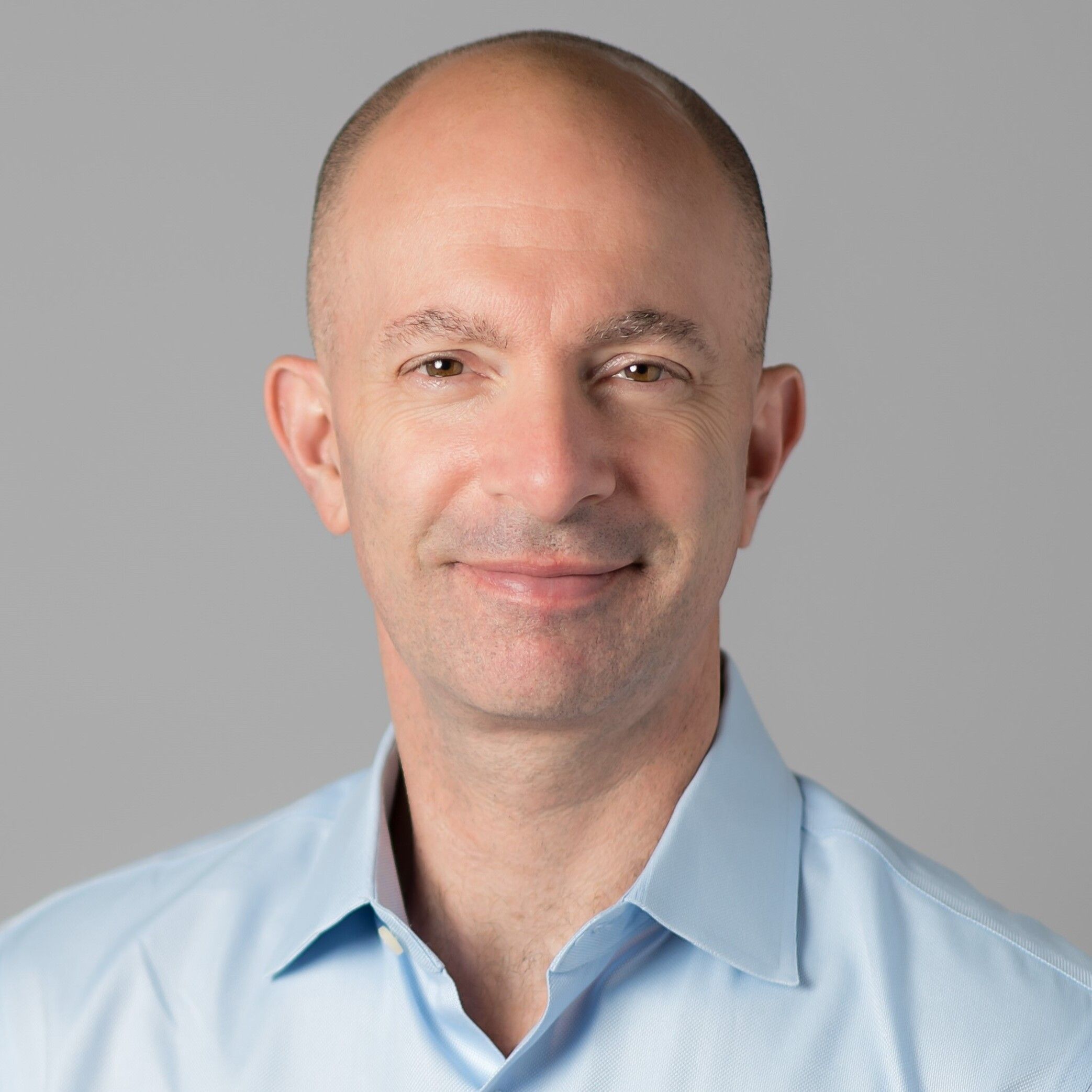Acute Alcohol Consumption May Trigger Discreet Atrial Fibrillation Event
There is no clear threshold for consumption leading to an AFib event.
Gregory Marcus, MD

Data presented at the American College of Cardiology (ACC) Annual Scientific Session linked acute alcohol consumption with a higher risk for an atrial fibrillation event.
Little data has offered objective evidence for alcohol’s acute role in atrial fibrillation, and causality can not always be inferred, the study investigators noted.
A team, led by Gregory Marcus, MD, University of California, San Francisco, enrolled patients with paroxysmal and intermittent atrial fibrillation and fitted them with a wearable heart monitor to track heart rhythm. Ankle sensors were attached to detect when patients consumed 2-3 drinks in a given moment.
Attending ACC 2021? Share your thoughts on the meeting, and the state of cardiology, with our 2-minute survey!
The patient population (n = 100) was a mean of 64 years of age; the majority was white (85%) or male (80%).
At the study outset, Marcus and colleagues used chart reviews and patient interviews to assess medical history, medications, as well as lifestyle habits. Finger stick blood tests for phosphatidylethanol (PEth) were used to measure alcohol consumption in the previous weeks and verify self-reported drinking habits.
Over the course of the 4-week study period, participants pressed a button on their heart monitor each time they consumed a standard alcoholic drink, defined as a glass of wine, 12 ounce can/bottle of beer, or a short of hard liquor/spirits.
The investigators then performed a case-crossover analysis in those with a recorded atrial fibrillation event.
As such, 56 patients experienced at least 1 atrial fibrillation episode. Even more, the PETH results correlated with the drinks recorded in real time (P<.001) as well as with transdermal alcohol-detected events (P = .032).
“One drink of alcohol was associated with a 6-fold greater odds of an atrial fibrillation episode within the next 4 hours (OR 6.5; 95% CI 1.9-14.8, P<.001) and ≥ 2 drinks were associated with a 20-fold higher odds of an atrial fibrillation episode (OR 19.6; 95% CI 1.9-206.6; P = .013),” they reported.
The team also noted that transdermal alcohol-detected drinking events in the previous 12 hours was linked to an 85% greater odds of an atrial fibrillation episode (OR, 1.85; 95% CI, 1.02-3.36; P = .044).
“Alcohol is by far the most commonly consumed drug in the world, so it’s kind of amazing that we don’t fully understand what effects it’s having in the short term and what it’s doing to the heart,” Marcus told HCPLive®. “Especially to the electrical properties of the heart.”
Although the case-crossover analysis served to mitigate any confounding variables, Marcus and his team could not entirely rule out other concomitant behaviors or exposures that could potentially affect the heart.
Furthermore, the team could not ascertain a clear threshold for alcohol consumption that would trigger an atrial fibrillation event.
“There’s still a lot to learn,” Marcus said. “This is a really rich area for research.”
The study, “Acute Alcohol Consumption And Discrete Atrial Fibrillation Events,” was presented at ACC 2021.